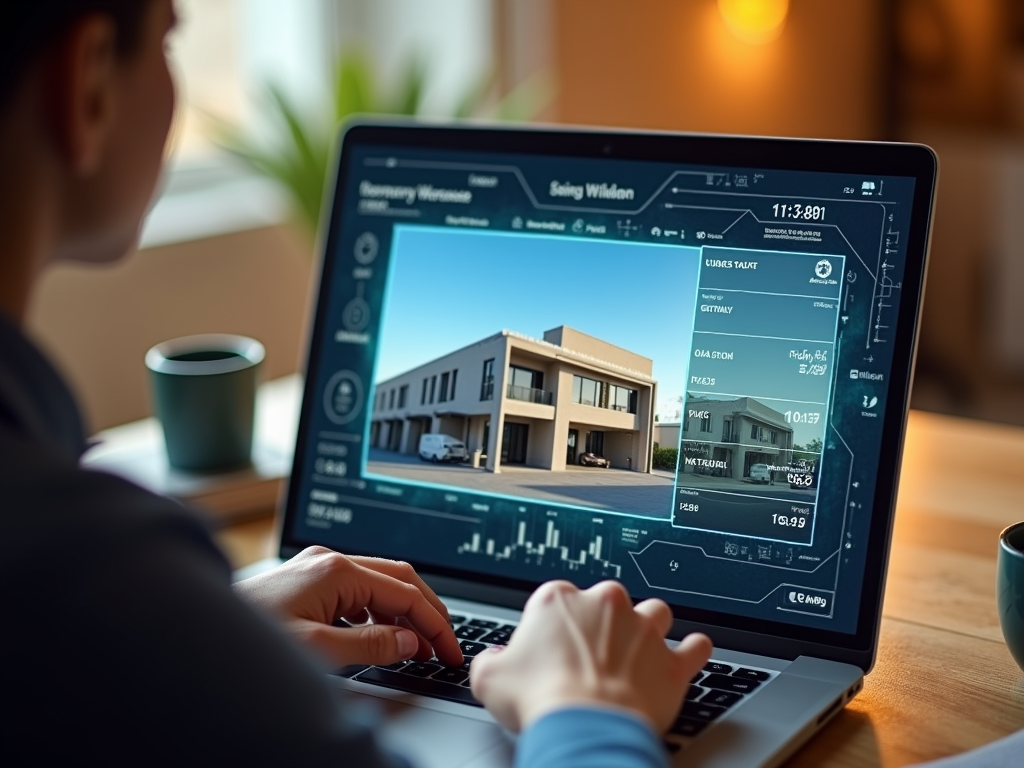The Dubai commercial real estate market is a dynamic and multifaceted environment, thriving on innovation and transactional activity. As one of the world’s premier business hubs, Dubai offers numerous opportunities for investors, entrepreneurs, and businesses looking to establish or expand their operations. Understanding the nuances of this market is crucial for success, especially given its unique legal frameworks and cultural considerations. In this article, we will explore key factors influencing the Dubai commercial real estate landscape, vital investment strategies, and tips for navigating this ever-evolving market.
Understanding the Market Dynamics

The Dubai commercial real estate market is characterized by several unique dynamics that shape its investment climate. For those looking to enter this market, it’s essential to grasp these factors:
- Economic Growth: Dubai’s strategic geographical location has made it a hub for trade and commerce, leading to consistent economic growth, which in turn supports real estate values.
- Regulatory Framework: The Dubai Land Department and free zone authorities provide a regulatory landscape designed to facilitate ownership and investment, including the ability for foreigners to own properties in certain areas.
- Market Trends: Analyzing recent trends such as the rise of co-working spaces and flexible office solutions can help investors align their strategies accordingly.
- Real Estate Types: There is a diverse range of commercial properties, including office spaces, retail outlets, warehouses, and mixed-use developments, each catering to different business needs.
- Global Events Influence: Major global events like Expo 2020 have a significant impact on the commercial real estate market, creating short-term spikes and long-term shifts in demand.
Investment Strategies for Success

Investing in Dubai’s commercial real estate can be rewarding, but a coherent strategy is paramount. Here are some effective investment strategies to consider:
- Leverage Market Research: Conduct thorough market research to understand the demand and supply dynamics. Utilize tools like market reports and analytics.
- Diversify Investments: Instead of putting all resources into one property type, consider diversifying across different sectors such as retail, office, and industrial spaces.
- Network with Local Experts: Building relationships with local real estate agents, developers, and legal experts can provide invaluable insights and opportunities.
- Consider Emerging Areas: Look into up-and-coming neighborhoods that have potential for growth, as they may offer better prices and future appreciation.
- Evaluate Rental Yields: Determine potential returns on investment by evaluating the rental yields of properties, which can provide consistent income streams.
The Role of Technology in Real Estate
Technology is reshaping the landscape of commercial real estate in Dubai, offering both investors and tenants improved solutions:
Smart technologies such as Building Information Modeling (BIM) and Virtual Reality (VR) are changing how commercial spaces are designed and marketed. Moreover, PropTech companies are enhancing the way transactions occur, making the process more efficient and transparent. Here are several notable technological advancements:
- Online Marketplaces: Platforms that allow for virtual tours and online listings are making property searches more accessible for investors and tenants alike.
- Data Analytics: Leveraging big data can optimize investment decisions, allowing investors to identify lucrative properties based on historical trends and demographics.
- Smart Building Technologies: Implementing IoT devices can enhance building operations, reduce costs, and improve tenant experience.
- Blockchain Solutions: The rise of blockchain is promising increased security and transparency in property transactions.
Cultural Considerations in Business Deals
Understanding the cultural milieu of Dubai is essential for successful navigation of the commercial real estate market. Here are key considerations:
- Communication Styles: Business interactions may prioritize relationship-building over swift transactional approaches.
- Negotiation Tactics: Flexibility and patience can lead to more fruitful negotiations, as many deals may take longer than expected.
- Respect for Local Customs: Being aware of and respecting Islamic customs and practices can greatly enhance rapport with local stakeholders.
- Consideration of Holidays: Be mindful of the Islamic calendar and national holidays when scheduling meetings or expecting business activity.
Conclusion
Navigating the Dubai commercial real estate market demands an understanding of its unique dynamics, a well-thought-out investment strategy, and an appreciation of the cultural context. Success in this vibrant market hinges on making informed decisions, leveraging technology, and cultivating valuable relationships. By approaching the market with diligence and insight, investors can harness the abundant opportunities that Dubai’s commercial real estate scene has to offer.
Frequently Asked Questions
1. What types of commercial real estate are most in demand in Dubai?
The most in-demand types of commercial real estate in Dubai include office spaces, retail outlets, and warehousing facilities, driven by continuous economic growth and diverse business activities.
2. Are foreign investors allowed to own commercial property in Dubai?
Yes, foreign investors can own commercial properties in designated freehold areas and free zones in Dubai, subject to specific regulations set by the Dubai Land Department.
3. How does technology impact the commercial real estate industry in Dubai?
Technology increases efficiency and transparency in property transactions, enhances marketing strategies through online platforms, and improves building operations through smart technologies.
4. What should investors know about rental yields in Dubai?
Investors should analyze rental yields by researching similar properties, understanding market rates, and considering the location’s growth potential to gauge the investment’s profitability.
5. What cultural aspects should be considered when conducting business in Dubai?
Engaging in respectful communication, being patient during negotiations, and recognizing Islamic customs and holidays are vital cultural aspects that can lead to successful business interactions in Dubai.
